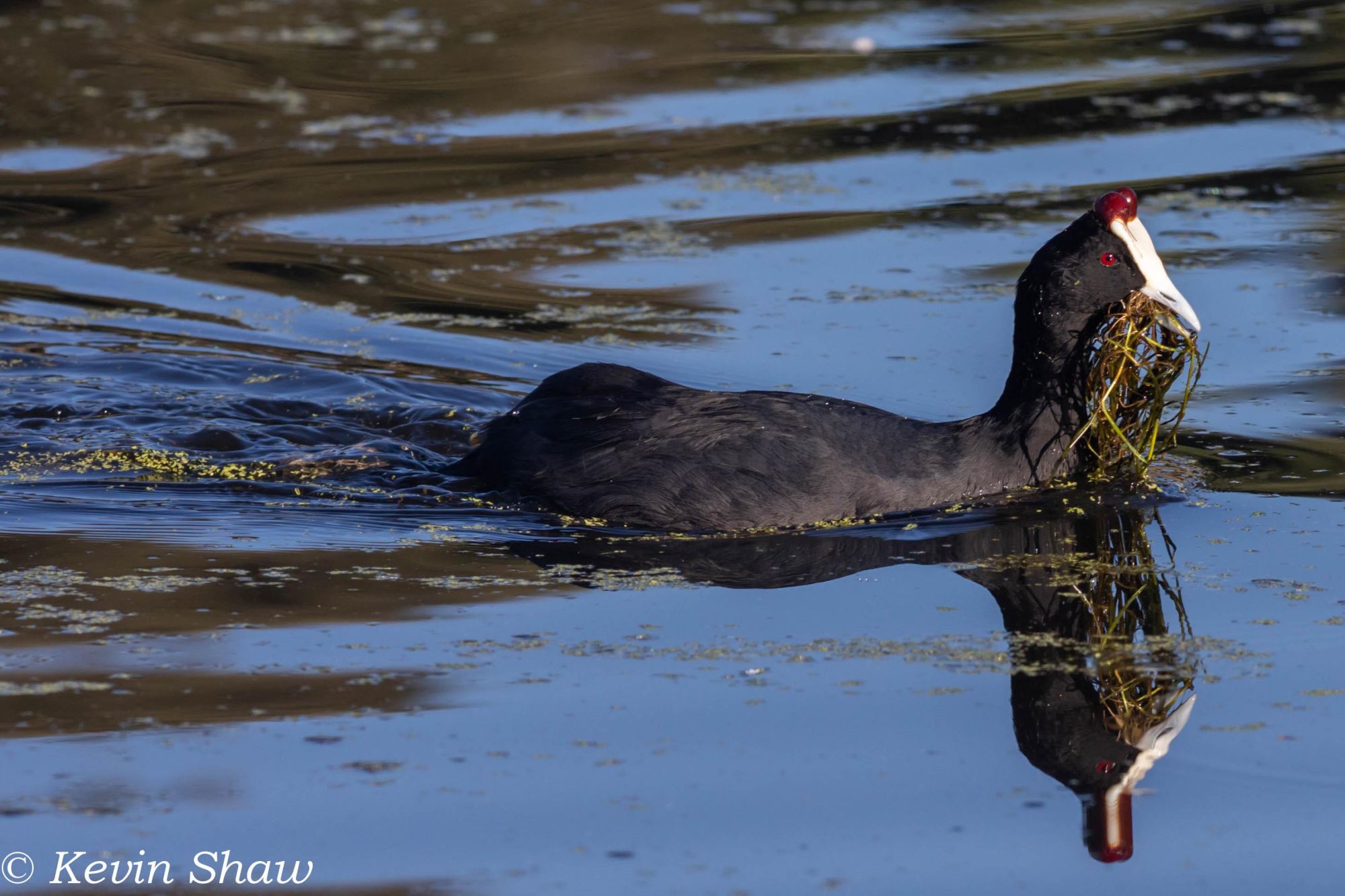Waterbirds of De Hoop Vlei
Fifteen thousand four hundred and forty eight birds: this was the impressive tally for the January CWAC (Coordinated Waterbird Count) of De Hoop Vlei. Managed by CapeNature, De Hoop Nature Reserve is internationally recognized as a World Heritage Site and an Important Bird Area. Within the reserve, De Hoop Vlei has the added distinction of being the oldest Ramsar site (wetland of international importance under the Ramsar Convention) in South Africa.
The vlei is landlocked and brackish, fed by the Sout and Potteberg rivers and several underground springs. It provides critical waterbird feeding and breeding habitat. On average, it supports more than 8000 birds of 97 species, although numbers and species composition fluctuate greatly according to water levels, salinity, and time of year.
Last month, ornithologist Kevin Shaw generously contributed his time and expertise to complete an eight-hour bird count of the 750-ha vlei. He was assisted by the De Hoop and De Mond CapeNature Reserve teams. From this count, the most abundant species was found to be the red-knobbed coot, comprising 35% of all birds counted.
Partly due to their numbers, red-knobbed coots play an important role in nutrient cycling in wetlands, consuming vast quantities of macrophytes and converting these to guano. Egyptian geese and spur-winged geese were also present in large numbers. The number of great crested grebes was also noteworthy, with the count of 393 being nearly four times the Ramsar threshold for the species. Species of conservation priority (according to their listing in the 2015 South African Red Data Book of Birds) that were observed were greater flamingo, lesser flamingo, and maccoa duck (all Near Threatened), and great white pelican and Caspian tern (both Vulnerable). De Hoop Vlei is the only locality in South Africa where the greater flamingo has bred successfully (in 1960 and 1963).
In addition to the CWAC count, three other threatened species were recorded by the team: black harrier and Cape vulture (both Endangered) and secretary bird and Denham’s bustard (both Vulnerable).

Red-knobbed coot collecting submerged vegetation by Kevin Shaw
Kevin Shaw (behind the tripod) demonstrating the CWAC survey methodology to members of the De Hoop and De Mond nature reserve teams.




